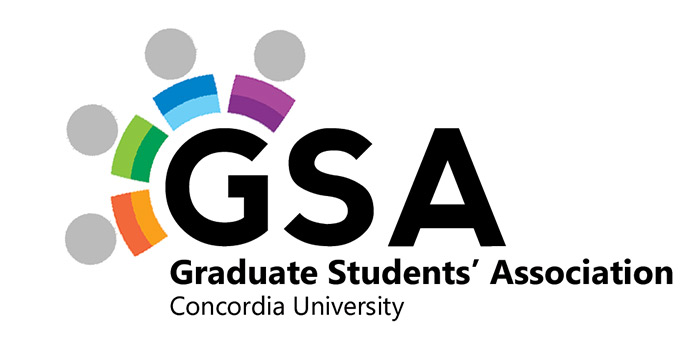Letter to the editor,
Drop the charges! No tribunals for students!
During the student strike that took place in spring of 2015, over 25 students participating in picket lines at Concordia University received formal complaints from faculty members alleging they disobeyed article 29G (obstruction or disruption of university activities) of Concordia’s Code of Rights & Responsibilities.
By picketing, students were carrying out the strike mandates voted democratically in their general assemblies. The strike was against the Quebec government’s austerity measures; it was to protect the common good so that public services and social welfare are not hampered. Those who are most affected by austerity measures are the marginalized communities and people from lower income brackets, much like Concordia University’s demographic.
Concordia’s decision to partake in political discrimination as co-complainants, targeting students for carrying out a democratically voted mandate, and for being critically minded and caring for the betterment of the society, undermines the students’ democratic process. Moreover, we see this action as a means to legitimize the repression of the voices against austerity measures proposed by the Liberal government. We demand that the administration acknowledge the political nature of these complaints and dismiss them promptly; we further encourage the faculty members pressing these charges to stand with students as we fight for sustainable education, and immediately reconsider their participation in repressing the voices of students at Concordia University.
We, the UNDERSIGNED, consider the administration’s lack of support and failure to recognize the strike inappropriate and unacceptable. We believe that such demeanor goes against the values Concordia espouses and promotes: a campus community that thrives on “intertwining education with social responsibility” and “encouraging students to become active, critical and global citizens.” We thus strongly urge you to appreciate our socially responsible student populace, recognize the legitimacy of student democracy and cancel all strike-related charges against students!
There will be another solidarity protest held on Sept. 29 at 12:30 on the corner of Mackay and Maisonneuve. We encourage all students, staff and faculty to come and demonstrate our collective support and solidarity for students facing political repression.
Sign the petition online at http://tinylink.net/H7a
Kyle McLoughlin
Masters in Social and Cultural Anthropology
On behalf of Solidarity Concordia Tribunal Support Committee
